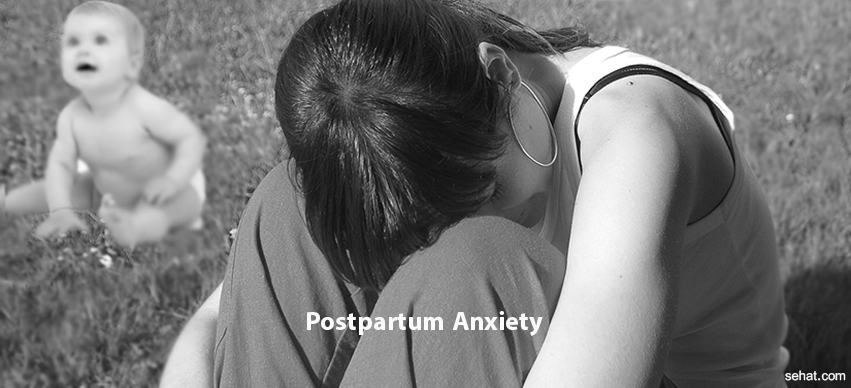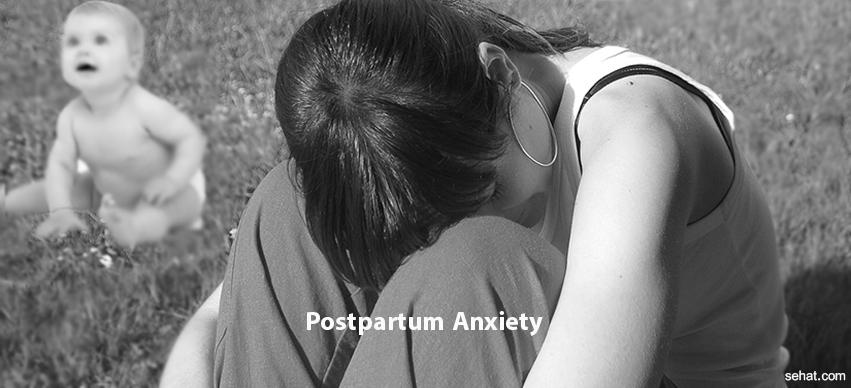How Communities Are Changing the Way We Think About Aging in..
8 Min Read


Motherhood is the most important stage in every woman's life and it brings about some huge changes - both physical and psychological in a woman. But the journey of a woman to motherhood can trigger a plethora of strong emotions which can range from joy and excitement to fear and anxiety and in some cases even depression. Postpartum depression is an extremely common issue faced by women all around the world. 1 in every 10 women experience postpartum depression.But women do not open up about it because they fear that it will be looked upon by the society as a character flaw or a weakness. But in reality, postpartum depression calls for prompt treatment.
Postpartum depression (PPD) is a type of clinical depression that is related to pregnancy and child birth. In most cases, new mothers experience postpartum anxiety that starts 2 or 3 months after delivery can last up to a few weeks or months. The mothers can experience mood swings, crying spells, anxiety and difficulty in sleeping. But for some mothers, the postpartum depression takes a more severe and long-lasting form that can lead to postpartum psychosis and can last for years.
The symptoms of postpartum depression vary from woman to woman and it can range from mild to severe.
Some women have increased risk of developing postnatal depression. Some of the risk factors are as follows:
There is no specific test to diagnose postpartum depression. The diagnosis is done on the basis of the symptoms that the patient describes to the doctor. As a part of evaluation, the doctor may:
Treatment for postpartum depression includes psychotherapy or talk therapy and medication.
It is a mental health counseling in which a psychiatrist or mental health provider talks through your cancers so that you can find a better way to cope up with your feelings of anxiety and fear, solve problems, set realistic goals and respond to situations in a controlled manner.
Your doctor may prescribe antidepressants. The antidepressants act on the brain chemicals involved in mood regulation. These medications take a few weeks to show effectiveness. Although, most of the antidepressant medications are considered safe during breastfeeding, but a patent should talk to her health care provider about the risk and effects of the medicine on her baby.
If left untreated, postpartum depression can interfere with the mother-child bonding and lead to various other family problems.
Untreated postpartum depression can linger on for months and years and can turn in to chronic depressive disorder.
Postpartum depression can have a ripple effect on the relation between the mother and the father and cause emotion strain for everyone close to the mother. Postpartum depression of the mother also increases the risk of depression in the baby's father.
Children of mothers with untreated postpartum depression have higher chances of developing emotional or behavioral problems like eating and sleeping difficulties, excessive crying, attention-deficit hyperactivity disorder (ADHD) and delay in language development.
Postpartum depression is experienced by 15 to 20% of new mothers. So, if you have had a baby within the last 12 months and you are experiencing some of these symptoms then reach out for help immediately. Don’t waste valuable time in waiting and hoping for the symptoms to get better. You can get in touch with Dr. Sachchida Nand Gupta who is a consultant psychiatrist with more than a decade of experience in the relevant field.